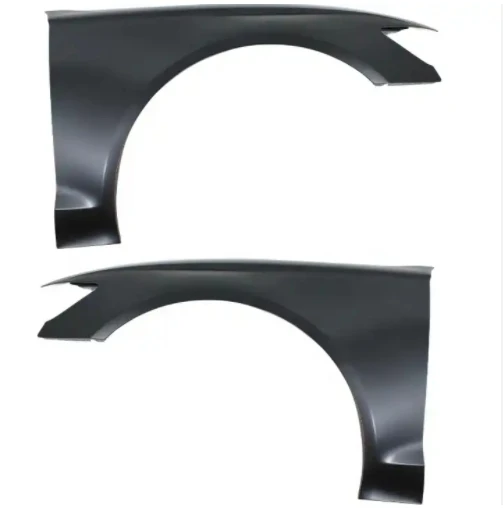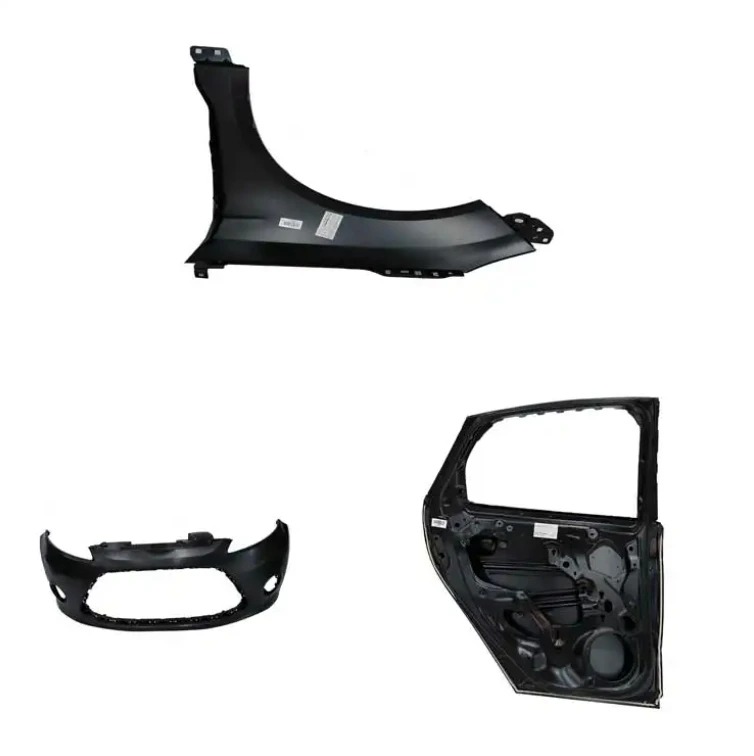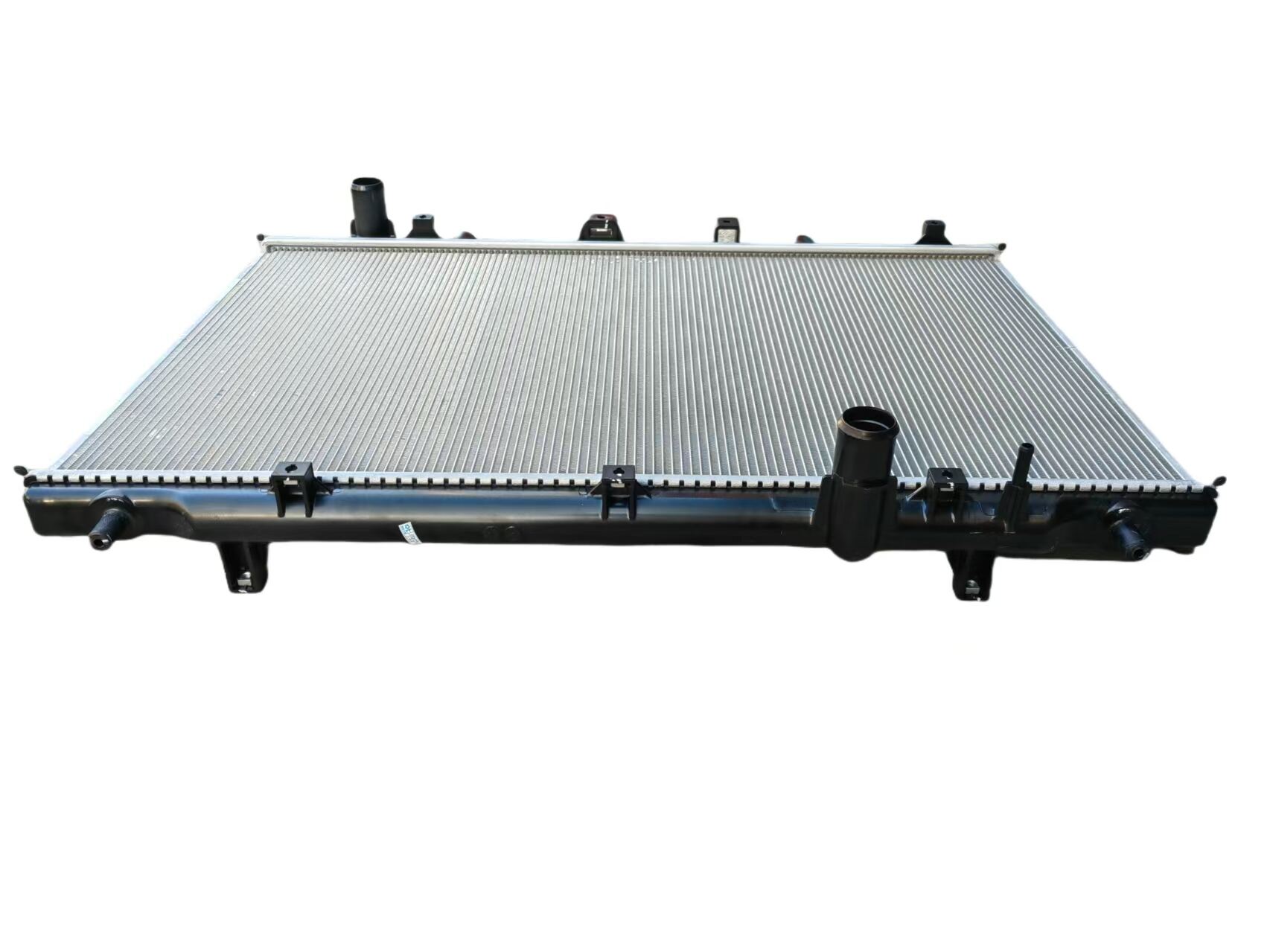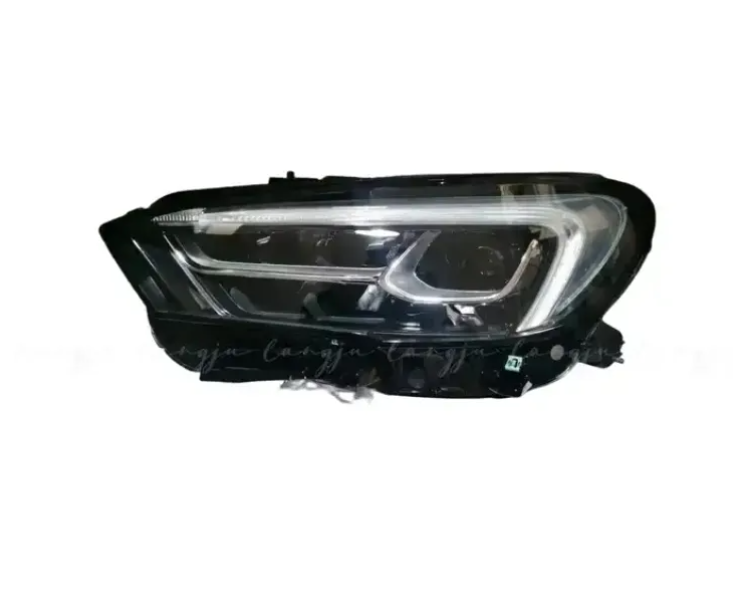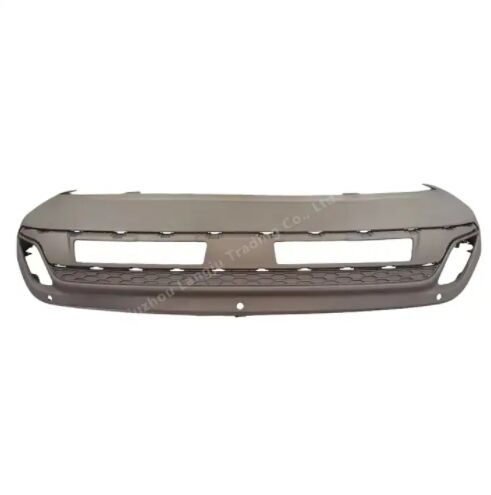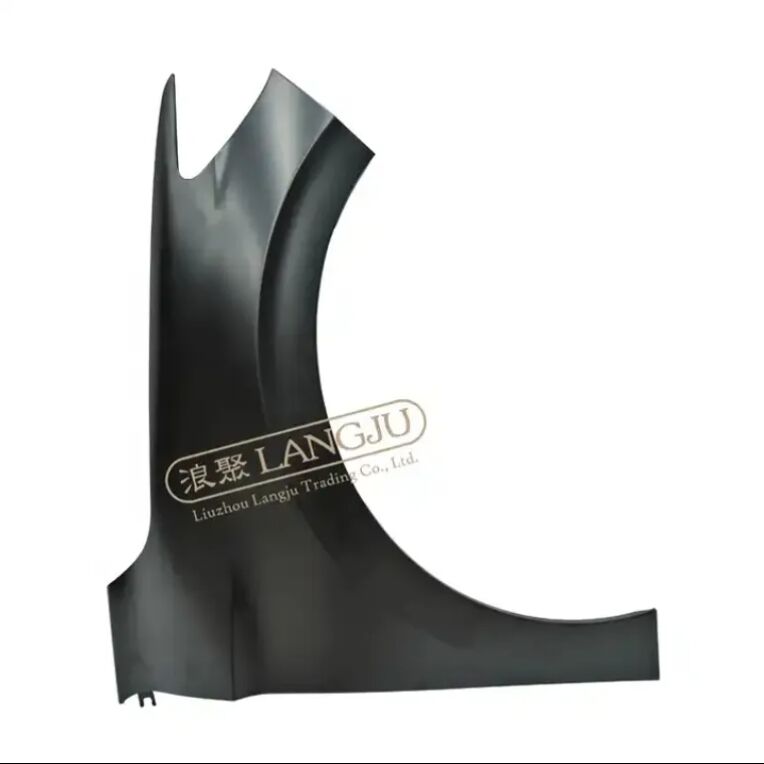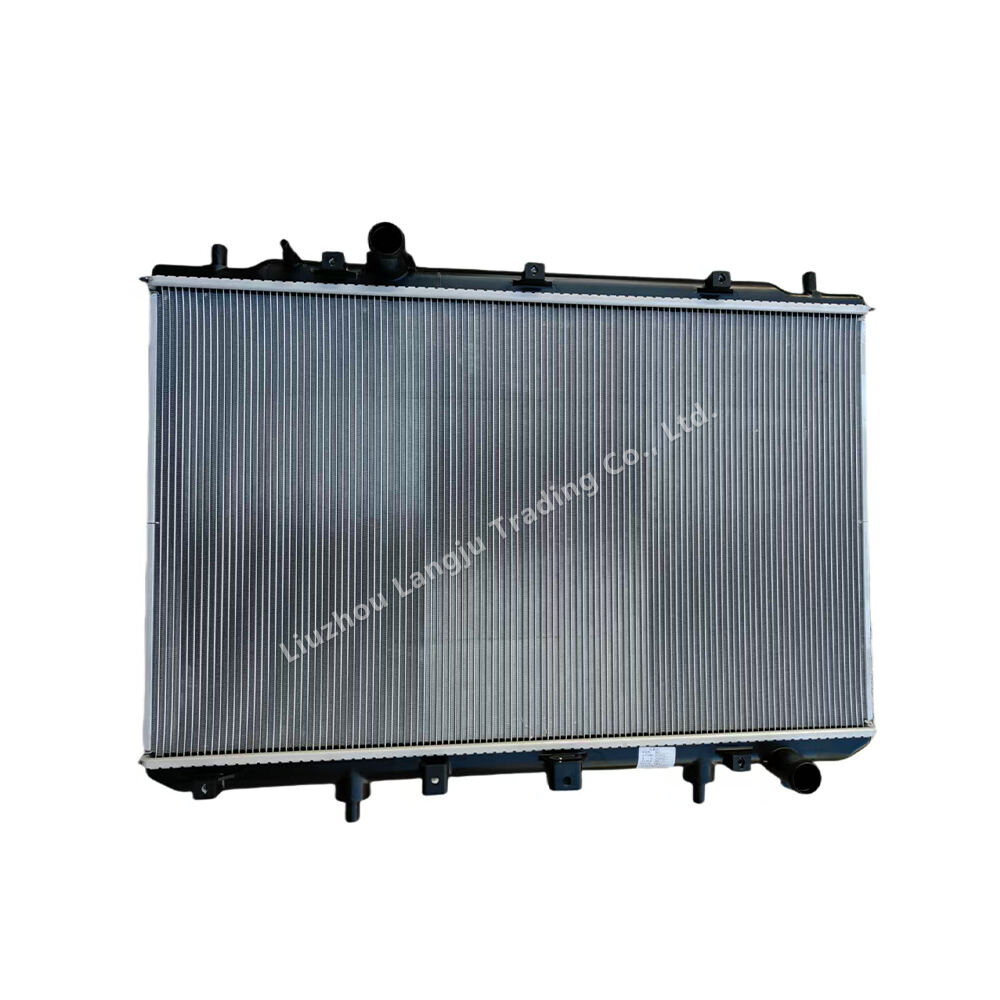vehicle radiators
Vehicle radiators are essential components of an automobile's cooling system, serving as the primary heat exchanger that prevents engine overheating. These crucial devices work by circulating coolant through a series of tubes and fins, effectively dissipating heat generated during engine operation into the surrounding air. Modern radiators typically feature aluminum construction with plastic tanks, offering an optimal balance of durability and thermal efficiency. The core consists of tubes arranged in parallel rows with fins attached to maximize heat transfer surface area. As the engine's water pump circulates coolant through the system, the radiator's design allows air to flow through its structure, either by natural movement when the vehicle is in motion or forced circulation via an electric fan. Advanced radiator designs incorporate multiple pass systems, where coolant flows through the core several times to ensure maximum heat dissipation. Additionally, many contemporary radiators include integrated transmission fluid coolers and sophisticated pressure caps that maintain optimal system pressure for efficient operation. The effectiveness of a radiator is crucial for maintaining proper engine temperature, which directly impacts vehicle performance, fuel efficiency, and engine longevity.

